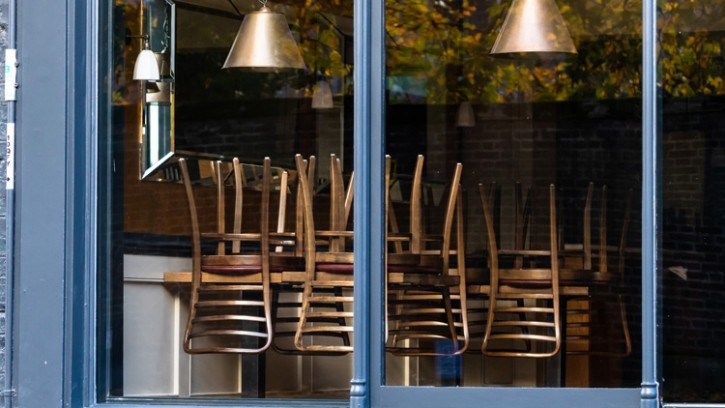Hospitality industry accounts for 10% of UK administrations in 2023

A total of 759 businesses, 79 of which came from the hospitality industry, filed for administration between 1 January and 30 June 2023, marking a 22% increase compared to 2022.
Retail, manufacturing, construction, hospitality and real estate were the worst-hit sectors, accounting for 57% of all administrations, data from The Gazette Official Public Record revealed.
Greater London led the way with 25% of the filings, followed by the North West (15%) and South East (11%).
“Given the prolonged economic uncertainty that is plaguing the country, the increase in the number of businesses filing for administration is no surprise,” says Andy Taylor, partner and head of restructuring at Shakespeare Martineau.
“HMRC is definitely taking a harder line than in previous periods and its threat of enforcement is certainly pushing some businesses towards considering their options, with some seeking administration as an alternative to facing a winding up petition.
“We’re seeing a steady flow of corporate failures. Should some other ‘bad news’ rear its head, then that is only likely to increase. Businesses and individuals need to see interest rates and inflation come down. With a period of stability, we will see confidence increase.”
The news comes after UKHospitality warned the latest interest rates rise will further exacerbate the sector’s financial challenges.
On Thursday (3 August), the Bank of England raised interest rates for the 14th consecutive time, from 5% to 5.25%.
During the announcement, the Bank signalled for the first time that interest rates would remain higher until it got UK inflation - the rate at which prices rise - under control, saying it would make sure rates are ‘sufficiently restrictive for sufficiently long’.
“Hospitality businesses are particularly exposed to further rate rises, due mainly to the Covid loans many were forced to take out during the pandemic,” Nicholls said.
“Yet another rise in interest rates only exacerbates the financial challenges many are grappling with, alongside high energy costs, food and drink inflation and labour shortages.”
Taylor notes that the sectors most impacted by the rise in administrations are feeling the effects of higher interest rates and inflation.
“The money in people’s pockets is now worth less so they are less likely to purchase none essential items and services, which is impacting the retail and hospitality sectors,” he says.
“Consumer spending is shrinking and footfall on the high street and in restaurants is declining as a result. The pressure is also on businesses as they face higher borrowing costs and energy expenses, so they are being squeezed from both sides.
“There is still uncertainty in the geopolitical landscape, which is impacting business confidence. With cash flow becoming tight, businesses are at a greater risk of going under. Supply chain issues and the rising cost of importing goods, especially in the automotive industry, have created a challenging juggling act for businesses to maintain profitability.”





















